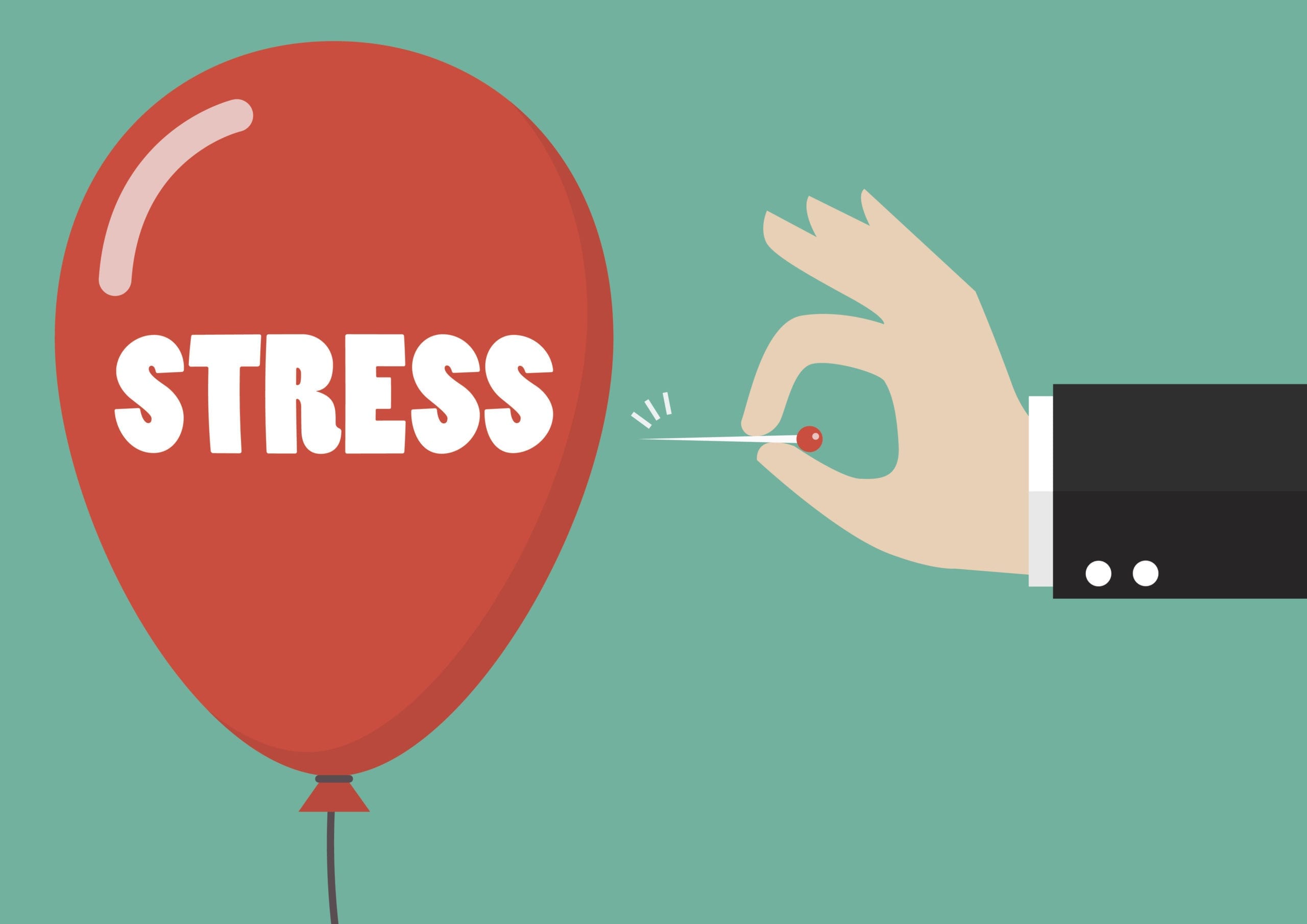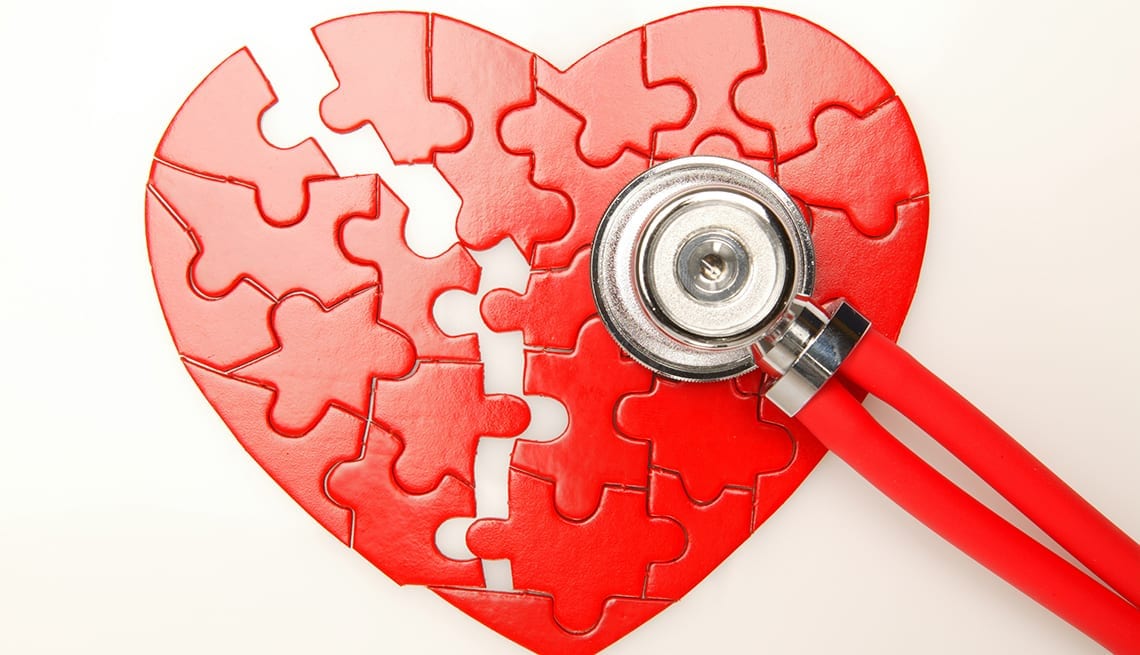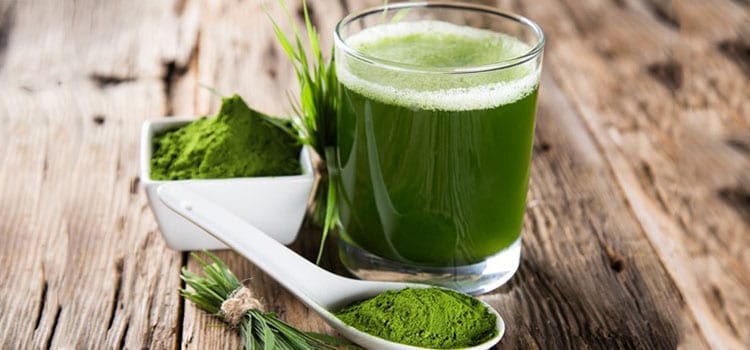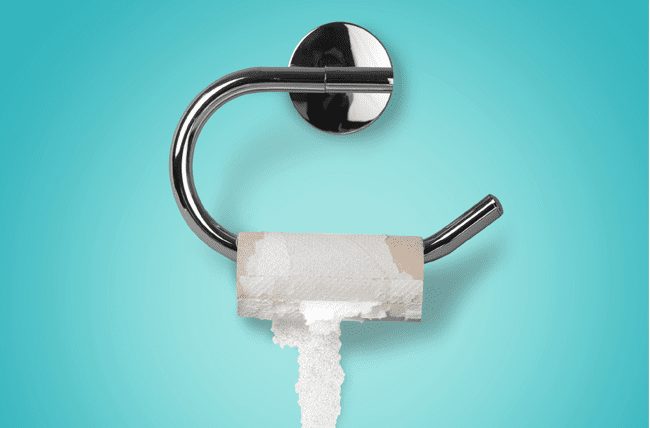Ah, 2020 and 2021, have been quite a few years of unprecedented changes and challenges. One thing I’m sure we can agree on is that it was a pretty stressful year. Many of us were worried about our health, the health of our families, our jobs, our finances…the list goes on. It was hard not to be stressed. But all of this stress and worry is not good for our health. Don’t get us wrong, sometimes stress can be useful, and can help motivate us to meet a deadline or goal. But stress should be temporary. Prolonged stress can negatively affect our health, and specifically our immunity.
Stress causes your body to produce greater than normal levels of the stress hormone cortisol. In short bursts, cortisol can actually boost your immunity by limiting inflammation. But over time, your body can get used to having too much cortisol in your blood. And this opens the door for more inflammation. Also, stress can reduce the number of lymphocytes in the body, which are the white blood cells that help fight off infection. And the fewer lymphocytes you have, the less your body can fight off infection, and the higher chances you have of contracting the common cold, or other viruses.
Stress is a situation that triggers a particular biological response. When you perceive a threat or a challenge, chemicals and hormones surge throughout your body. Stress triggers your fight or flight response in order to fight the stressor or run away from it. Usually, after the response occurs, your body typically relaxes. But too much stress can have negative effects on your long term health.1
Stress…not always a bad thing
Sometimes stress can be helpful, if you are working hard to meet a deadline it may motivate you to meet that goal. Stress can also be positive. Your wedding day, for instance, would be an example of a positive form of stress. The bottom line though is that stress should be temporary. Once you’ve gotten past the fight-or-flight moment, your heart rate and breathing should slow down and your muscles should relax, and there should not be any long-term negative effects. But severe, frequent, or prolonged stress can be dangerous to your mental and physical health.
How stress affects your immunity and body
Stress causes your body to produce greater than normal levels of the stress hormone cortisol. In short bursts, cortisol can actually boost your immunity by limiting inflammation. But over time, your body can get used to having too much cortisol in your blood. And this opens the door for more inflammation. Also, stress can reduce the number of lymphocytes in the body, which are the white blood cells that help fight off infection. The fewer lymphocytes you have, the less your body can fight off infection, and the higher chances you have of contracting the common cold, or viruses. High levels of stress can also lead to depression and anxiety, which in turn contribute to higher levels of inflammation in the body. In a nutshell, long-term high levels of stress can lead to lots of inflammation, which can lead to an over-worked immune system that can’t properly defend and protect you2.
So what can you do? While it is not possible to completely eliminate all stress since life can be unpredictable, we can learn to avoid it if possible, and manage it, if it is unavoidable. Here are some simple ways to manage your stress including the benefits of adding Aged Garlic Extract to your daily routine.
Can emotion affect your immune system?
There is definitely a connection present between the mind and the body. We can feel it as we walk down a dark alley, perhaps our palms get sweaty and we become hyper-alert…our fight or flight response heightens. The body reacts to emotions and feelings. Fear makes your heartbeat quicker. But can these emotions and feelings affect immunity?
Some research has shown that positive and negative outlooks on life may affect our immunity. A study that tracked changes in optimism and immune response among first-year law students found that as students became more optimistic, they showed stronger cell-mediated immunity – the flood of immune cells that respond to an invasion by foreign viruses or bacteria. When optimism dropped, so did cell-mediated immunity.
What else weakens the immune system?
Feeling lonely may impair your immune function, according to a study published in the Journal of Neuroimmunology. This research, done on rats, showed that increased anxiety associated with loneliness (social isolation) leads to greater suppression of the immune system and more oxidative stress (damage caused by free radicals).
We know that exercise is good for our heart and our health, but too much exercise can actually negatively affect our immunity. Too much strenuous exercise (also known as ‘overtraining syndrome’) can be debilitating for the body and make it more vulnerable to infection.
Top tips to help deal with stress
- Socialize: Spend time with friends and family who support you, and who you can support as well. Being part of a friend network gives you a sense of belonging and self-worth, which can help in stressful times. That can be hard in times of social distancing and other limitations but a simple phone call to check-in or a Zoom happy hour can make a world of difference.
- Consider supplements: Certain herbs, nutrients, and vitamins can help promote less stress and anxiety. Look for supplements that combine GABA (gamma-aminobutyric acid) along with B vitamins, which can support healthy relaxation and increased alertness. Other nutrients to look for in a de-stressing supplement are omega-3 fatty acids, which have been shown to reduce anxiety, ashwagandha, which is an herb used in ayurvedic medicine to help lessen anxiety, and valerian root, which is a popular sleep aid, due to its calming effects3.
- Exercise: Try going on a brisk walk outside, do some yoga, or take a boxing class. Exercise is a great way to manage stress. Exercise lowers your body’s stress hormones, like cortisol. It also helps release endorphins, which are the body’s natural mood elevators. Find an exercise routine that you enjoy doing, because then it will be easier to stick with it.
- Laugh: It’s hard to feel stressed when you’re laughing! Laughing is good for your health, and can help to relieve your stress response and even help relax your muscles. Try watching a funny show, or hanging out with friends who make you laugh.4 Cat videos are often good for a laugh.
- Meditate: Practice deep breathing and meditation exercises, like box breathing (breathe in for 4 seconds, hold for 4 seconds, then exhale for 4 seconds). It reduces your cortisol levels and reduces inflammation.5
- Unplug: The news of the day can sometimes feel pretty negative. Take breaks from watching, reading, or listening to the news, including news on social media. It’s good to be informed, but too much of any news can be disruptive or upsetting and can cause even more stress. Try to limit the amount of news you consume daily and spend some time away from your TV and phone, especially just before bedtime. Listen to music, read a book or take a walk to relax and unwind.
How can Aged Garlic Extract help support the immune system?
In addition to adjusting some habits and lifestyle choices, supplements may also help to support a stronger immune system. We mentioned above some of the things to look for in supplements meant to decrease stress but there are also ways to support your immune system.
A study conducted by the University of Florida found that high-potency Aged Garlic Extract (AGE) can reduce the duration of the common cold or bout with the flu by as much as 61 percent.3 During this clinical trial, researchers gave 120 healthy adults a daily dose of either 2,500 mg of Kyolic AGE or a placebo. After 90 days, blood samples from each volunteer were analyzed. Compared to the placebo group, those taking the AGE supplement had a significant increase in the number of immune cells. What’s more, the supplement appeared to enhance the function of two specific types of immune cells: NK (natural killer) cells and gamma delta T cells.
One reason for this uptick in immune function, according to the authors of the study, is the glutathione-boosting ability of the sulfur-containing compounds naturally present in AGE. Other research suggests that glutathione enhances the immune response by optimizing macrophage function while protecting disease-fighting lymphocytes from oxidative damage and premature cell death.
Remember, the stress in some situations can be helpful, even positive. It is the long-term, prolonged stress that needs to be addressed before it affects your health. Practicing the strategies above will help you curb your stress and protect your immune system.









